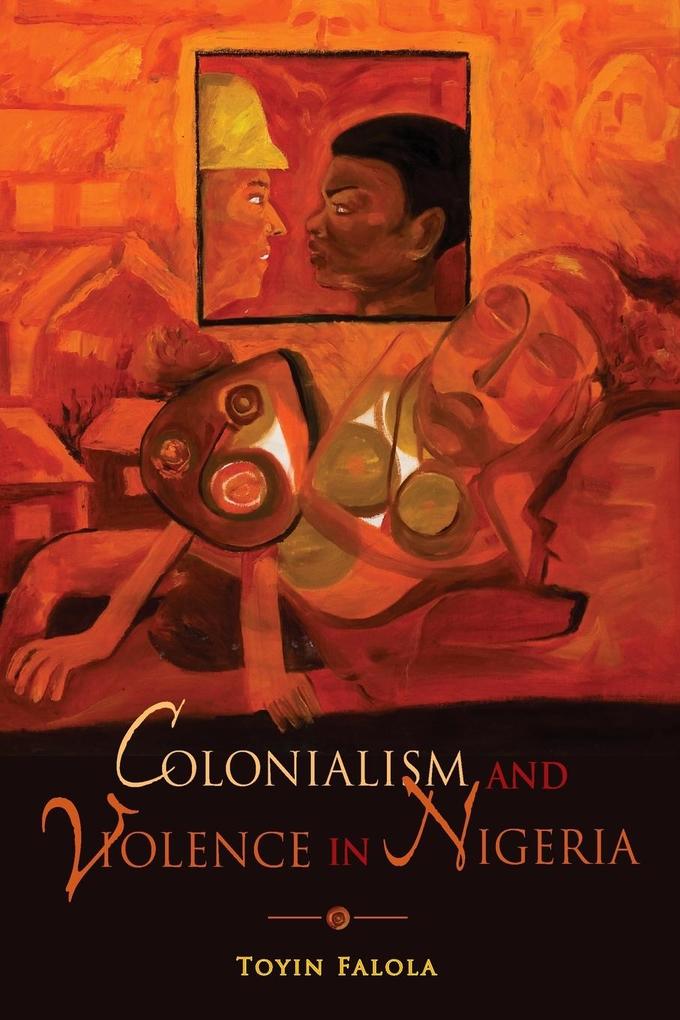Colonialism and Violence in Nigeria looks closely at the conditions that created a legacy of violence in Nigeria. Toyin Falola examines violence as a tool of domination and resistance, however unequally applied, to get to the heart of why Nigeria has not built a successful democracy. Falola's analysis centers on two phases of Nigerian history: the last quarter of the 19th century, when linkages between violence and domination were part of the British conquest; and the first half of the 20th century, which was characterized by violent rebellion and the development of a national political consciousness. This important book emphasizes the patterns that have been formed and focuses on how violence and instability have influenced Nigeria today.
Inhaltsverzeichnis
Preface
Acknowledgments
Major Events in Nigerian History Covered in This Book
1. Violence and Colonial Conquest
2. Resistance by Violence
3. Violence and Colonial Consolidation
4. Taxation and Conflicts
5. Gendered Violence
6. Verbal Violence and Radical Nationalism
7. Labor, Wages, and Riots
Conclusion: Violence and Political Culture
Notes
Bibliography
Index












